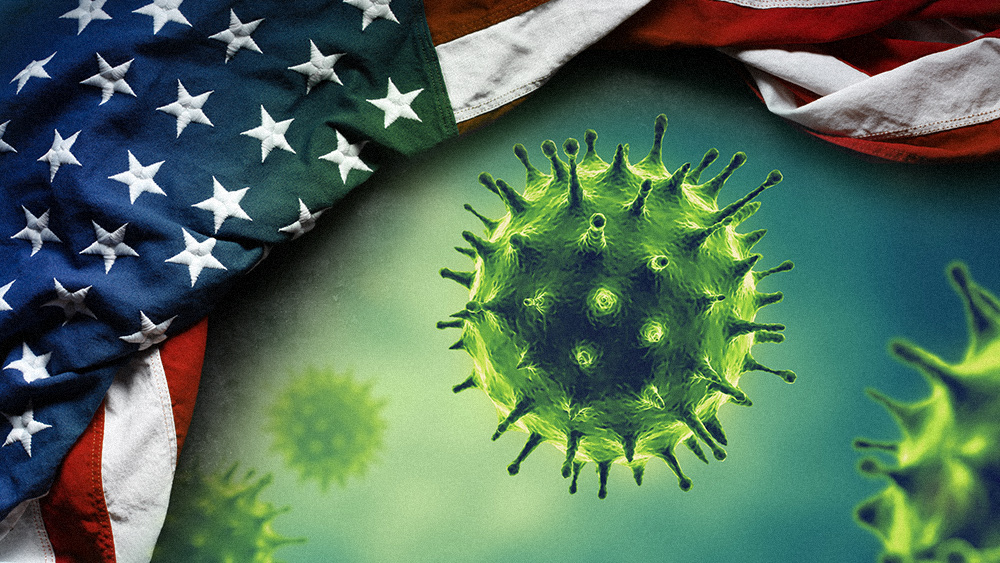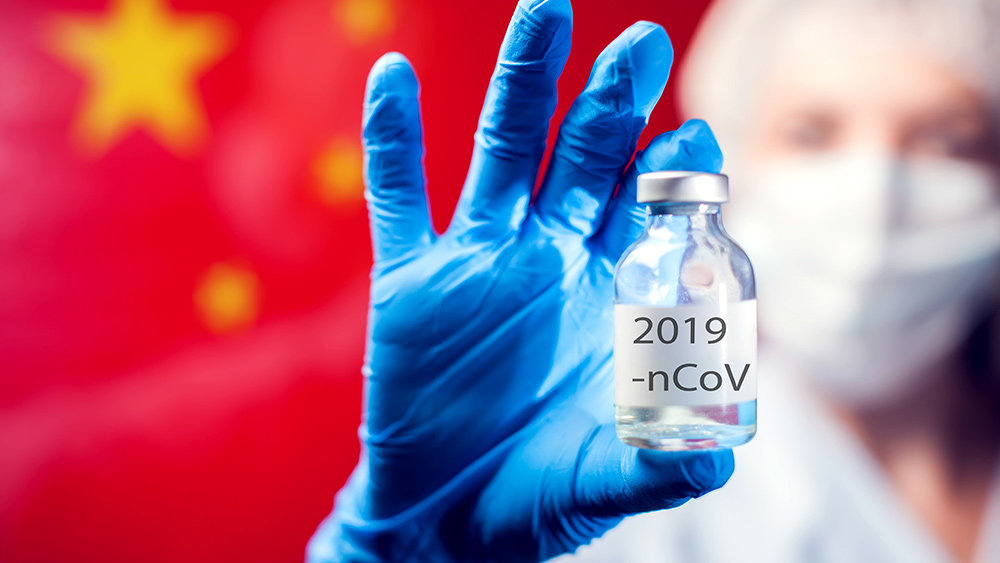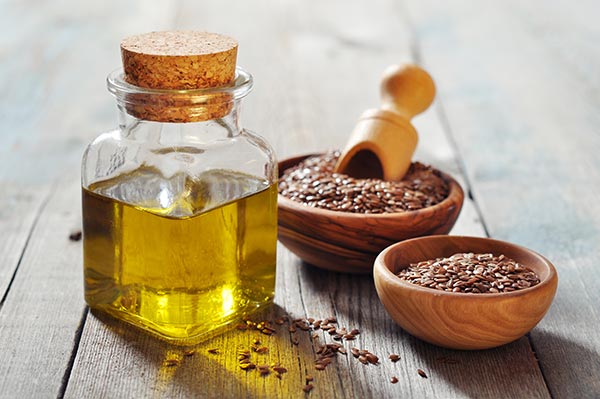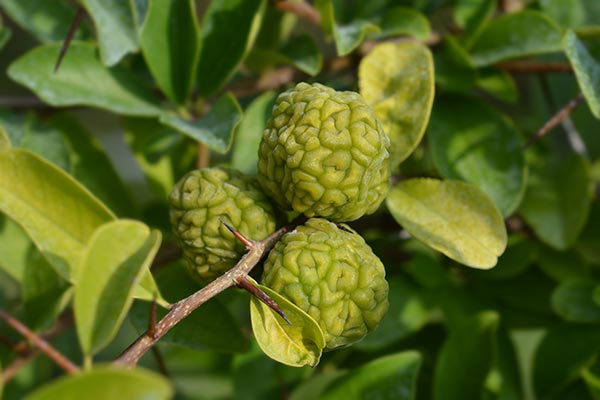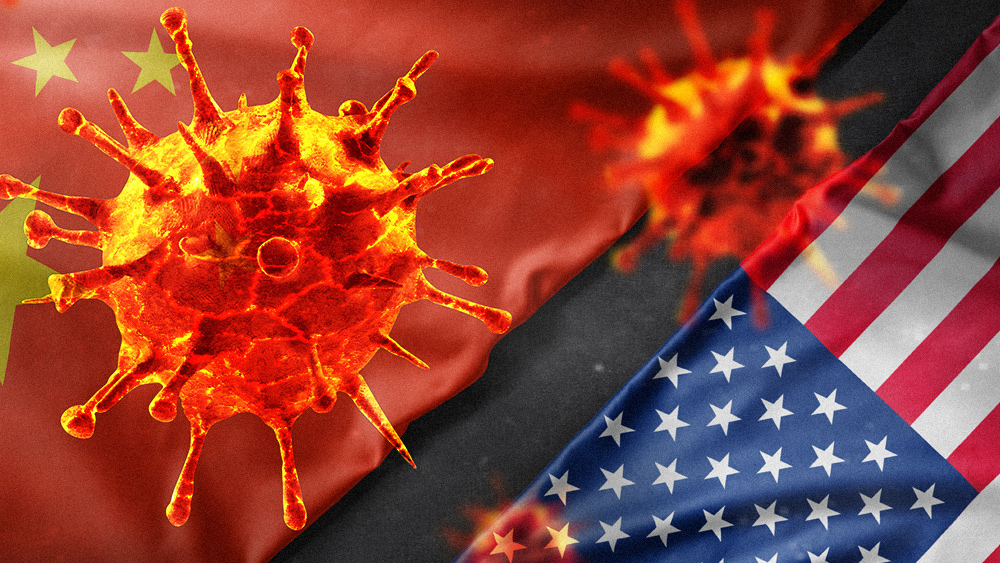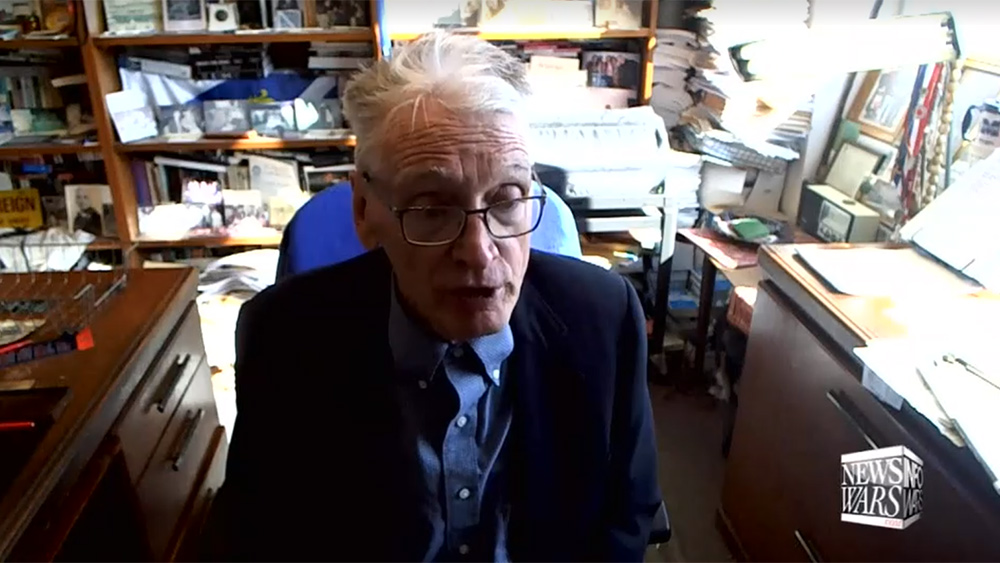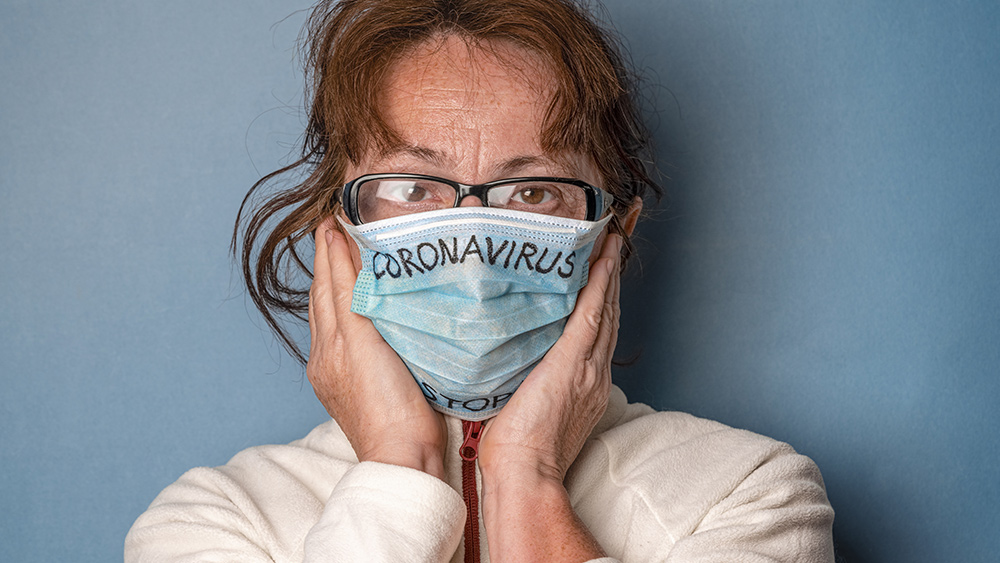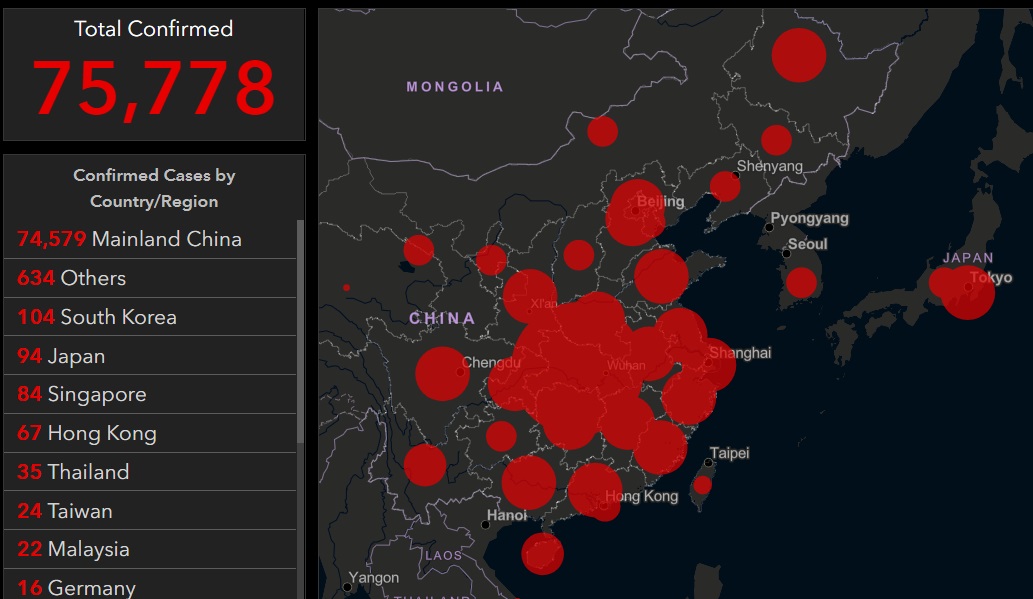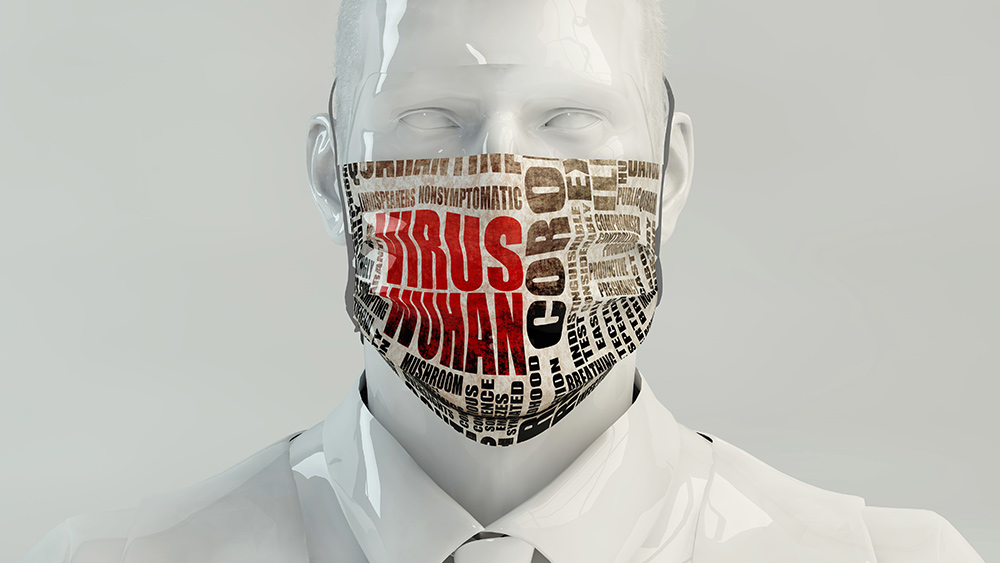Neurology researchers claim 1% risk of infection post-neurosurgery is linked to the patient’s CONDITION instead of the operation itself
02/13/2020 / By Lance D Johnson
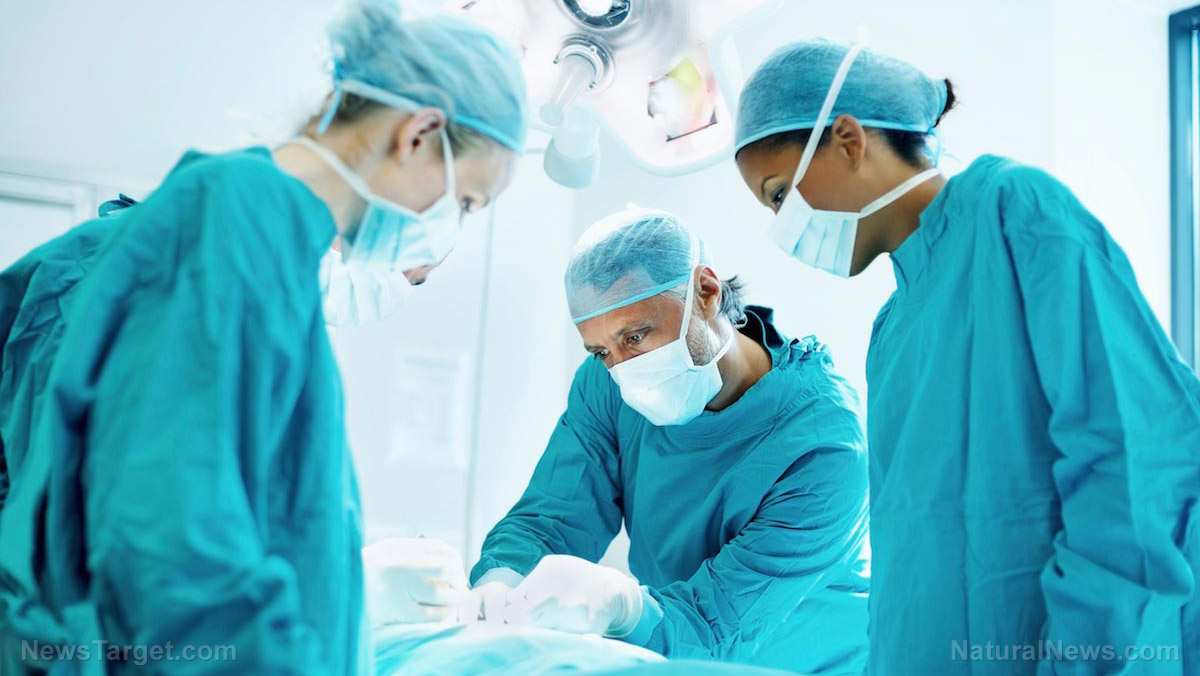
The CEU International School of Doctoral Studies has groomed a young doctorate researcher whose research could help neurologists across the world legally thwart medical malpractice and/or wrongful death suits. CEU-Vithas Nisa Neuroscience Chair researcher María Pilar Chisbert worked under the guidance of neurosurgeon José Piquer Belloch, UCH CEU University professor and Chair head to produce a thesis that deflects blame for medical error caused by neurologists. Chisbert’s thesis concludes “that the risk factors of infections to the surgical site in operations in the field of neurosurgery are more related to the patient’s condition rather than the operation itself.”
Is this institution engaging in research with the intent to protect medical professionals when they make mistakes?
According to the institution website, their “teaching project focuses on training large groups of researchers specializing in the diverse programs offered by the School.” Their main goal “is to establish a network of internationally renowned researchers” and to collaborate with “the most prestigious university institutions” in order to “participate in research projects of international repute.”
This research project does not aim to mitigate infections caused by neurosurgeons. This research does not aim to find the cause of these infections. Instead, the research deflects responsibility for medical error, pinning the blame on the patients who are disaffected by shoddy surgeries and superbug-infested hospital environments.
Infections post neurosurgery can be fatal, and neurosurgeons don’t want to take the blame. According to Chrisbert’s thesis, risk factors for infection are “more related to the patient’s conditions and history rather than the operation itself.” This thesis was the first of the Nursing specialty of the CEINDO Doctorate School to be submitted at the CEU UCH, and it was awarded the highest possible marks by the examining board.
The probability of getting a debilitating infection after neurosurgery is roughly 1 percent. If neurosurgeons can find a way to blame a patient, then they won’t have to pay out for medical malpractice/wrongful death if they cause an infection or worse, death.
The thesis purportedly investigated thirty-two risk factors for cranial surgery and forty-one risk factors for spine surgery and concludes that death from infection is two times more likely if you are obese and four times more likely if you are suffering from other infections at the time of the surgery.
Because of this finding, the thesis recommends that neurosurgical nurses simply “increase the monitoring of the perioperative process of patients who suffer from obesity or other infections and provide specific care to prevent a possible infectious complication related to the surgical wound.”
Medical professionals arrogantly deflect blame even in fully validated medical malpractice/wrongful death cases
In order to protect themselves from medical malpractice suits, medical professionals in any field may attempt to contort the facts and twist the science so they can blame patients for the problems that they (the medical professional) have caused. This is the sordid nature of medical malpractice cases, especially in wrongful death cases. Medical professionals provide phony defenses in order to protect their name and their license. Medical professionals will go to great lengths to protect their career and their name, even when the malpractice is obviously incompetent and compounding, leading to the death of the patient and deepened mourning of family members.
On a much grander scale, medical professionals in any field are intrinsically incentivized to protect their profession. This includes twisting the science from the onset and manipulating a study’s conclusions to uphold their status quo. The group-think that permeates any medical profession will inherently cause their kind to twist the truth to protect their pride and bottom line.
Manipulating the science to place blame on patients gives the medical professionals a legal basis to protect against thousands of potential medical malpractice cases. Because medical malpractice must be legally proven by a third party medical professional in the same field where the medical error occurred, establishing crooked science from the get-go could hide widespread medical error in the long run — a precedent that could protect the names of all medical professionals who make mistakes in that field. Twisting the science from the onset would prevent multi-millions of dollars in medical malpractice payouts, forgoing compensation to hundreds, if not thousands of patients and families who are affected by medical error and wrongful death.
Regardless of the intention of this research institution and the young doctorate researcher, what they have proposed could have a compelling impact on thousands of cases of neurosurgery every year, potentially stripping patients of any legal defense when surgery goes wrong.
Sources include:
Tagged Under: Hospitals, infections, medical error, medical malfaisance, medical malpractice, neurosurgery, superbugs, surgery risks

